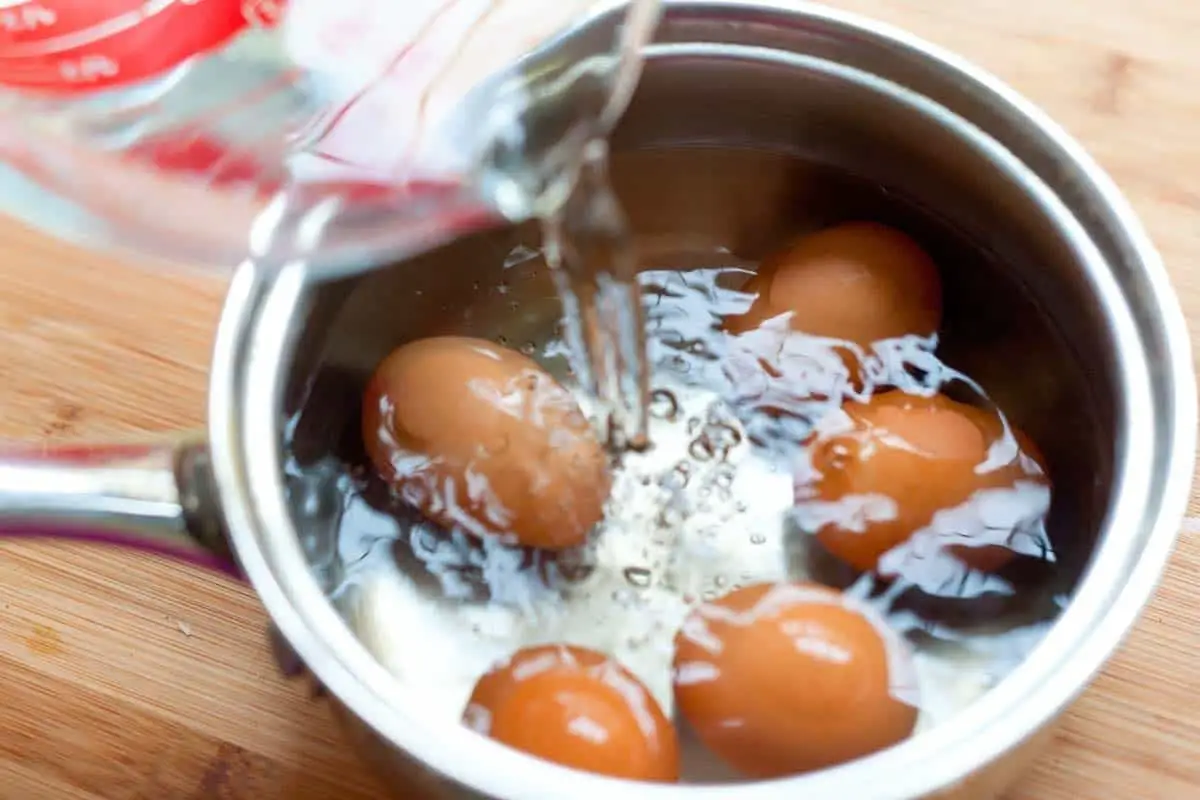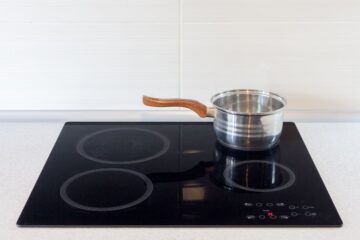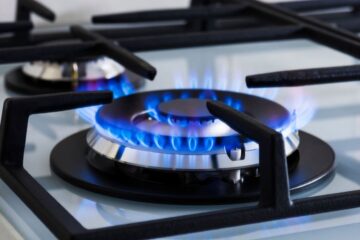Boiling eggs is a simple and quick way to prepare them, but it can be tricky to get them just right. Whether you prefer soft-boiled or hard-boiled eggs, knowing how long to boil them on the stove is crucial to achieving the desired texture. In this article, we will explore the ideal boiling times for different types of boiled eggs.
For those who enjoy soft-boiled eggs with a runny yolk, the recommended boiling time is typically around three minutes. However, if you prefer a slightly firmer yolk, you can increase the boiling time to four or five minutes. On the other hand, if you prefer hard-boiled eggs with a fully cooked yolk, the boiling time can range from seven to fourteen minutes depending on the size of the egg. By understanding the proper boiling times, you can achieve the perfect boiled egg every time.
Overall, boiling eggs on the stove is a simple and cost-effective way to prepare them. However, it is important to know the proper boiling times to achieve the desired texture. In the following sections, we will explore the ideal boiling times for soft-boiled and hard-boiled eggs, as well as tips for peeling and storing boiled eggs.
Factors Affecting Boiling Time
When boiling eggs on a stove, there are several factors that can affect the boiling time. These factors include egg size, egg temperature, altitude, and water temperature.
Egg Size
The size of the egg can have an impact on the boiling time. Larger eggs will take longer to cook than smaller eggs. For example, a large egg will take approximately 12 minutes to boil, while a medium egg will take around 9 minutes.
Egg Temperature
The temperature of the egg before boiling can also affect the boiling time. If the egg is taken straight from the fridge, it will take longer to cook than an egg that has been left at room temperature for a while. It is recommended to let eggs sit at room temperature for about 10-15 minutes before boiling.
Altitude
Altitude can also impact boiling time. At higher elevations, the boiling point of water is lower, which means that it will take longer for the water to come to a boil. This can increase the boiling time for eggs. For example, at an altitude of 5,000 feet, it may take an extra minute or two to boil an egg.
Water Temperature
The temperature of the water used for boiling the eggs can also affect the boiling time. It is recommended to start with cold water when boiling eggs. This will help ensure that the eggs cook evenly and prevent the shells from cracking.
How Long to Boil Eggs?
Boiling eggs is a simple task that can be done on a stove with a pot of water. However, the trick to getting perfectly boiled eggs is to know how long to boil them. In this section, we will discuss how long to boil eggs for soft boiled, medium boiled, and hard boiled eggs.
Soft Boiled Eggs
Soft boiled eggs have a runny yolk and a slightly firm white. To achieve this texture, bring a pot of water to a boil and gently lower the eggs into the water. Let them boil for three minutes, then remove them from the heat and let them sit for another three minutes. After that, transfer the eggs to a bowl of cold water to stop the cooking process.
Medium Boiled Eggs
Medium boiled eggs have a slightly runny yolk and a firm white. To achieve this texture, bring a pot of water to a boil and gently lower the eggs into the water. Let them boil for six minutes, then remove them from the heat and let them sit for another two minutes. After that, transfer the eggs to a bowl of cold water to stop the cooking process.
Hard Boiled Eggs
Hard boiled eggs have a fully cooked yolk and a firm white. To achieve this texture, bring a pot of water to a boil and gently lower the eggs into the water. Let them boil for ten minutes, then remove them from the heat and let them sit for another two minutes. After that, transfer the eggs to a bowl of cold water to stop the cooking process.
When boiling eggs, it is important to keep in mind that the size of the egg and the altitude at which you are cooking can affect the cooking time. The above times are based on using large eggs at sea level. If you are using smaller or larger eggs, adjust the cooking time accordingly. If you live at a higher altitude, you may need to add a minute or two to the cooking time.
Tips for Perfect Boiled Eggs
Boiling eggs is a simple process, but it’s easy to mess up. Here are some tips to ensure that your boiled eggs come out perfectly every time.
Peeling Eggs
Peeling boiled eggs can be frustrating, especially when the shell sticks to the egg. Here are some tips to make peeling easier:
- Use older eggs: Fresh eggs are harder to peel than older eggs. If you have fresh eggs, let them sit in the refrigerator for a few days before boiling them.
- Add vinegar: Adding a tablespoon of vinegar to the water can help the eggs peel more easily.
- Crack the shell: After boiling the eggs, crack the shells by tapping them gently on a hard surface. Then, roll the eggs between your palms to loosen the shell before peeling.
Storing Boiled Eggs
Boiled eggs can be stored in the refrigerator for up to one week. Here are some tips for storing boiled eggs:
- Keep the shells on: Boiled eggs should be stored with their shells on to prevent bacteria from entering the egg.
- Label the eggs: If you are storing boiled eggs for more than a day, label them with the date they were boiled.
- Store in the fridge: Boiled eggs should be stored in the refrigerator at a temperature of 40°F or below.
Conclusion
Boiling eggs on the stove is a simple and quick way to prepare a nutritious and delicious meal. By following the recommended cooking times, you can achieve the perfect consistency for your eggs.
It is important to note that the cooking time can vary depending on the size of the eggs, altitude, and personal preference. Soft boiled eggs are great for dipping toast soldiers, while hard boiled eggs are perfect for salads or as a snack on the go.
To ensure that the eggs are cooked evenly, it is recommended to start with cold water and bring it to a boil gradually. Once the water has reached a rolling boil, reduce the heat to a gentle simmer and cook the eggs for the desired amount of time.
Using a timer or clock can help you keep track of the cooking time and avoid overcooking or undercooking the eggs. After boiling, it is important to cool the eggs down quickly to prevent them from overcooking and to make them easier to peel.
Overall, boiling eggs on the stove is a simple and versatile cooking technique that can be used for a variety of dishes. With a little practice and attention to detail, anyone can master the art of boiling eggs and enjoy a delicious and nutritious meal.



